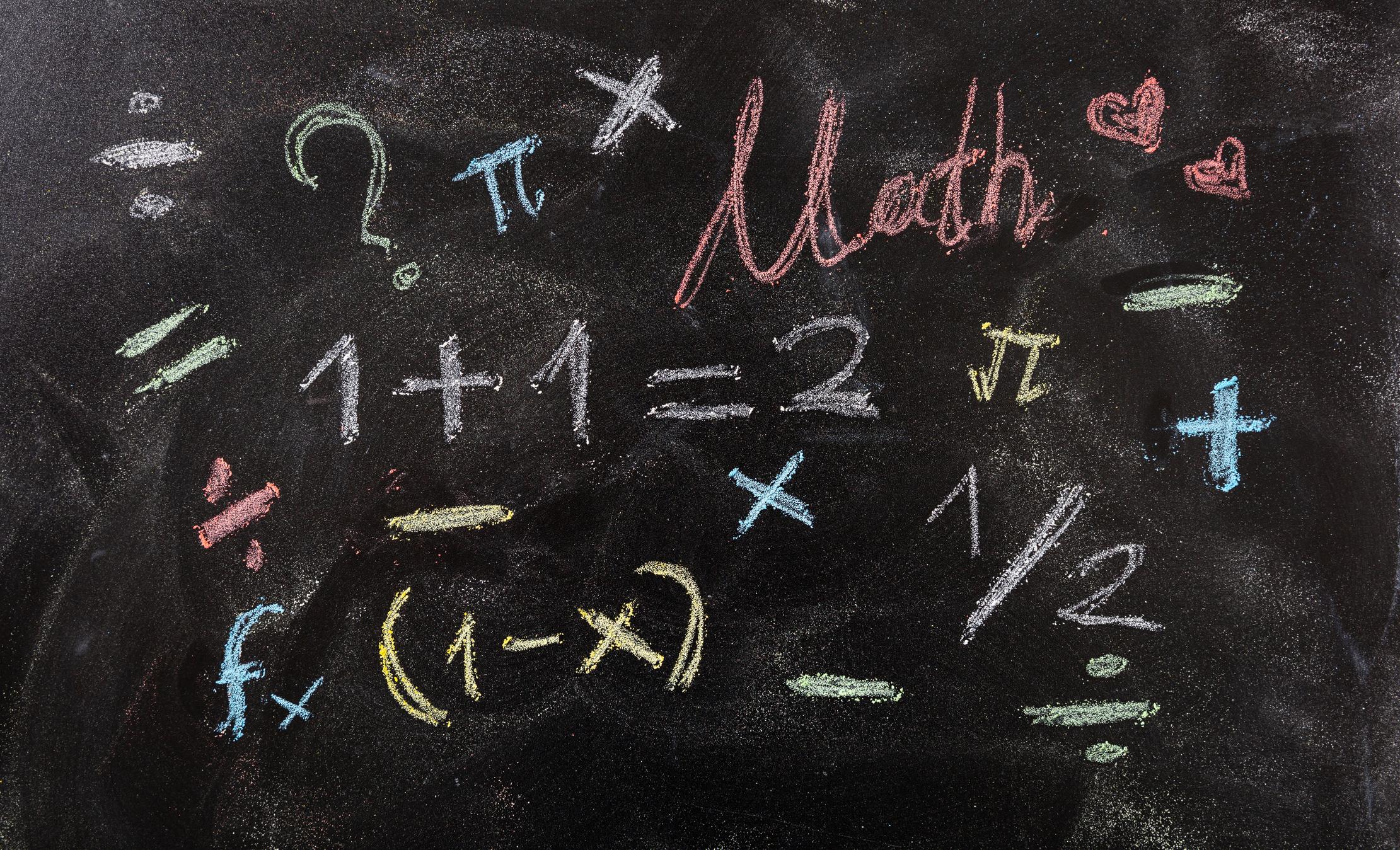Dyscalculia is a learning difference in one or multiple aspects of mathematics. Diagnosis of dyscalculia involves a review of history and current concerns by report, integrated with quantitative data from standardized testing. It is important that the testing includes screening for commonly co-occurring learning differences such as dyslexia, dysgraphia, and ADHD. The testing must also include assessment of the cognitive fundamentals of mathematics including working memory, processing speed, spatial aptitude, and fluid reasoning.
Review of history includes longstanding disproportionate weaknesses in mathematics compared to other academic subjects. Current concerns often include avoidance of math homework specifically, poor performances on math tests and assignments, lack of automaticity for basic math facts, difficulty learning math procedures, difficulty grasping basic math concepts. These difficulties usually persist into adulthood and affect occupationally relevant tasks, such as bookkeeping, projecting numbers, and conceptualizing relationships among numbers.
Data from testing corroborates this clinical history by confirming a statistically significant discrepancy between intelligence and academic skills in mathematics problem-solving, calculation, and/or fluency. When the deficit is circumscribed to math fluency, with the procedural and conceptual aspects of math intact, other factors such as a primary processing speed deficit, ADHD, or dyslexia should be considered instead of dyscalculia.
The main deficits described in dyscalculia include:
- Automaticity of math fact retrieval/efficiency for mental processing of numbers
- Performing mathematical procedures and calculations
- Conceptualization of mathematical problem solving/estimation/subitization/future number prediction.
These three deficits, as described in the scientific literature, align with common self-described difficulties with math in work-related tasks of daily life. Importantly, in individuals with high intellectual aptitude, math skills may be within normal limits relative to the general population but still represent a significant intraindividual weakness.
There are two main clinical presentations of dyscalculia, one involving a circumscribed relative weakness for number processing (working memory, mental arithmetic, math fact automaticity, and calculations) and one involving a slightly more complex cognitive profile with relative deficits in spatial reasoning and spatial memory.
Dyscalculia often co-occurs with dyslexia and dysgraphia. It is important to screen for all three learning differences given the possibility of multiple contributing factors.
Common presenting concerns. Dyscalculia is a learning difference in mathematics that starts in childhood and persists into adulthood. The following is a list of symptoms that may be apparent in both children and adults. People with dyscalculia often report trouble in the following areas:
- Counting
- Learning the number line
- Learning basic math facts to automaticity
- Learning math procedures like multiple digit addition/subtraction or long division
- Understanding the concepts of fractions and percentages
- Understanding negative numbers concepts
- Reading charts and graphs
- Reading time on an analogue clock
- Completing math tests on time
- Managing money
- Estimating amounts/quantities
- Estimating time/predicting the amount of time something will take
Accommodations
- Use of calculator
- Zone of proximal development - start at current point of mastery
- Do not move on to next level skill without mastery of prerequisite skills
- Use manipulatives like blocks
- Number line posted easy visual access
- Teach procedures by errorless repetition
- Extended time
- Visual reference for multiplication tables
- Be aware of anxiety that often accompanies dyscalculia and avoid putting the student on the spot for math problems.
- Other individualized recommendations can be provided depending on your neurocognitive test score profile



